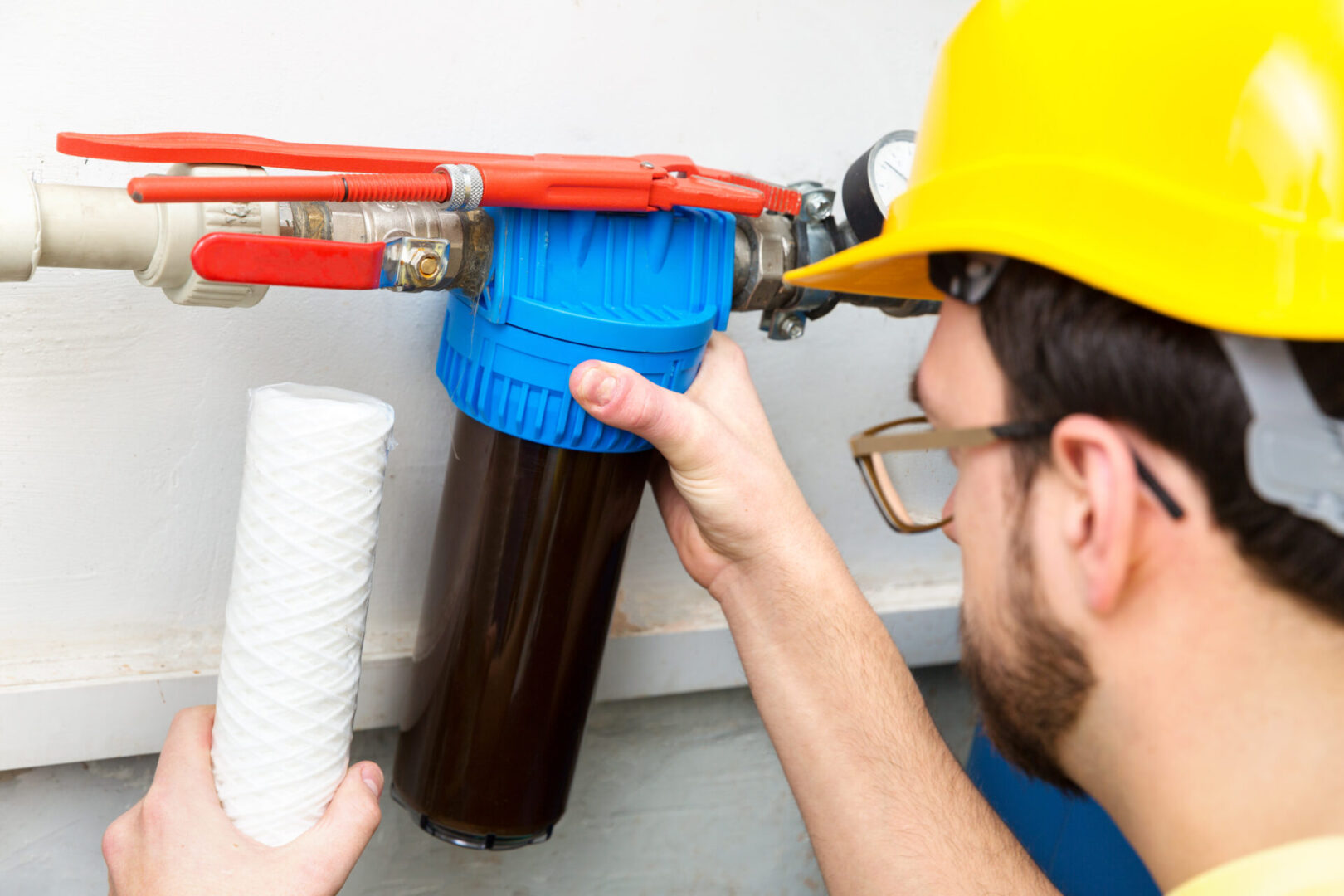Ensuring Access to Clean Water
Plumbers are responsible for designing, installing, and maintaining water supply systems that provide safe drinking water to homes, businesses, and public institutions. Contaminated water can lead to serious health issues, including cholera, typhoid, and lead poisoning.
Sanitation and Wastewater Management

Properly functioning plumbing systems remove wastewater, preventing contamination and disease transmission. Plumbers install and maintain drainage systems, sewer lines, and wastewater treatment facilities, ensuring waste is safely processed and disposed of.
Preventing Waterborne Diseases
Plumbers help prevent the spread of waterborne diseases by maintaining and repairing plumbing infrastructure. Faulty pipes, backflow issues, and poor drainage can lead to bacterial growth and contamination, and regular inspections and maintenance help mitigate these risks.
Legislation and Compliance
Plumbers adhere to health and safety regulations to ensure that plumbing systems meet local and national standards. Compliance with these guidelines helps protect communities from potential health hazards.
Emergency Response and Disaster Relief

Plumbers are crucial in restoring water supplies and sanitation systems during natural disasters or emergencies. Their expertise helps prevent disease outbreaks in affected areas.
Innovations in Plumbing for Public Health
Advancements in plumbing technology, such as water filtration systems and eco-friendly sanitation solutions, contribute to better public health outcomes. Plumbers are at the forefront of implementing these innovations in communities worldwide.
Conclusion
Plumbers are unsung heroes in public health. They ensure that communities have access to clean water and sanitation. Their work prevents disease, protects the environment, and maintains hygiene standards. Recognizing their contributions is essential for a healthier society.

